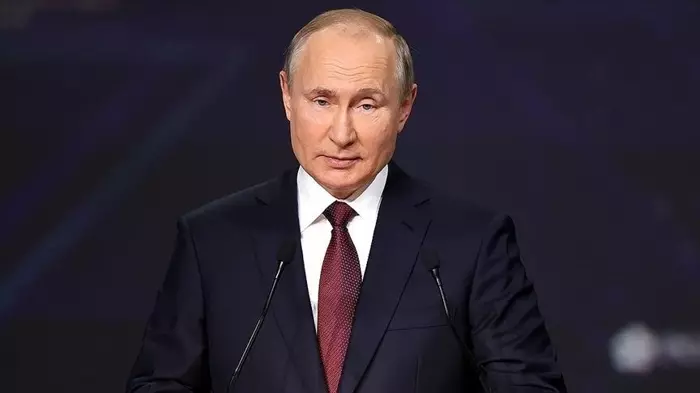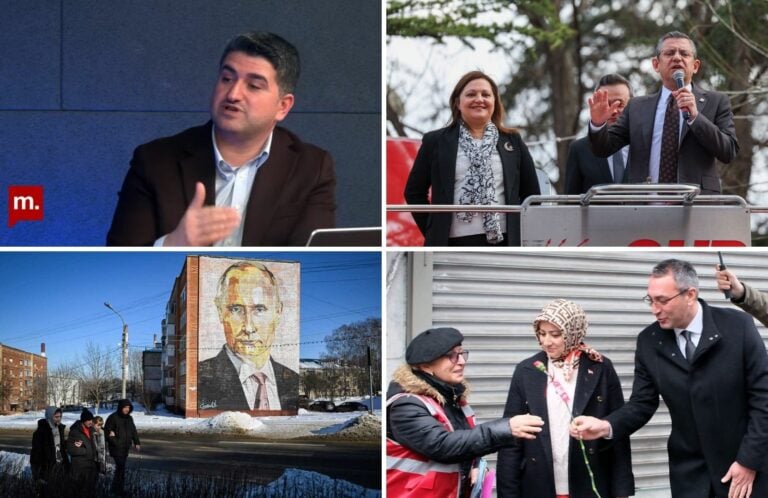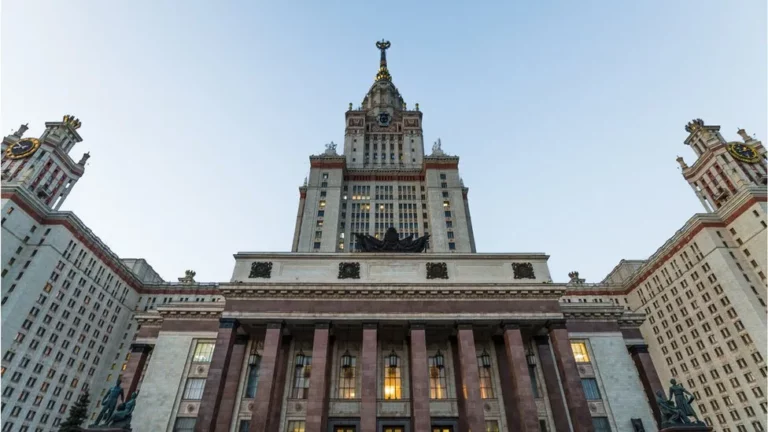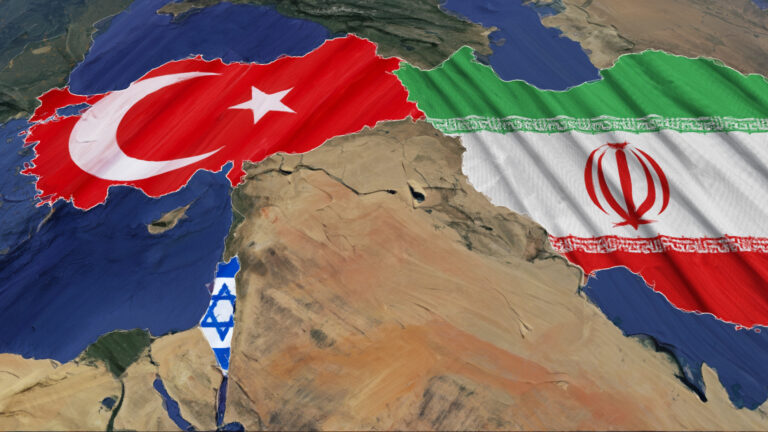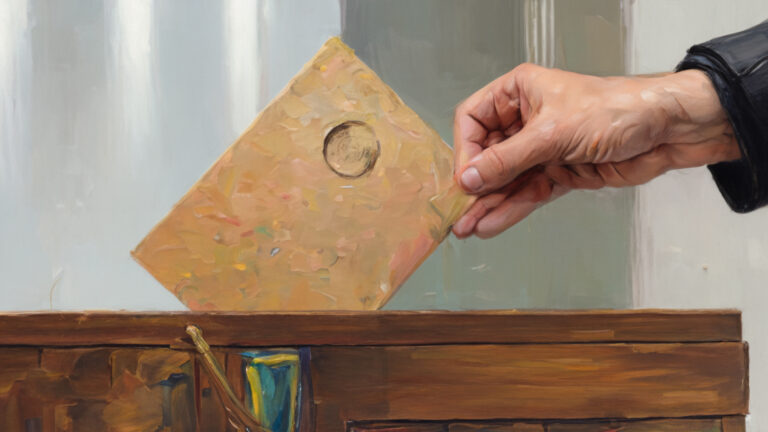by Leo Kendrick
As tensions have risen on the Russia-Ukraine border in recent weeks over fears of an imminent invasion by Moscow, Turkey’s role in a potential crisis has come into focus of late amidst a recent visit to Kiev by President Recep Tayyip Erdoğan and a planned meeting with Russian President Vladimir Putin in the near future.

Turkey, a longtime member and second largest military in NATO, is a major arms supplier to Ukraine. Last Thursday, (4 February), President Recep Tayyip Erdoğan visited Ukrainian President Volodymyr Zelenskyy in Kiev. During the meeting Erdoğan stated that arms supplies from Turkey to Ukraine would continue, and that the two countries would build a factory in Ukraine to produce unmanned drones. In addition to a free trade agreement, the two countries signed a deal under which they will jointly produce a long-endurance combat drone called the ‘Anka’ (Phoenix). Ukraine has previously been a customer for Turkish drones, including the medium altitude long endurance Bayraktar TB2 drone, of which it has several on order. Erdoğan’s visit last week to Ukraine included attending a public ceremony seen as a public display of cooperation between the two countries.
At the same time, Erdoğan recently announced plans to host Russian President Vladimir Putin in Ankara at an unannounced date sometime in the coming weeks. Although a member of NATO and arms supplier to Ukraine, relations between Moscow and Ankara have become closer in recent years. In a move that continues to be highly controversial among NATO allies, Turkey purchased the Russian S-400 missile defense system in 2017, a move that resulted in its expulsion from the United States’ F-35 fighter jet program in which Ankara had been an investor. Turkey was removed from the program in 2019 over concerns that its purchase of the Russian S-400 system had compromised NATO security. Turkey’s role as arbiter in the Ukraine conflict comes as Ankara attempts to mend relations with Saudi Arabia, United Arab Emirates, and Israel, as high-level meetings and visits are planned between all three countries.

Journalist Amberin Zaman, Senior Correspondent for Al-Monitor, was interviewed by Medyascope’s Murat Türsan for last week’s English segment This Week in Turkey. She discussed Turkey’s role amidst rising tensions between Ukraine, Russia, and the west as Ankara attempts to stake out a middle ground and play a role as a mediator in the conflict.
Characterizing last Thursday’s meeting in Kiev as “consequential”, Zaman noted that Turkey and Ukraine managed to sign a free trade agreement which had been in the works since 2011 and had received pushback domestically in Ukraine: “Many Ukrainian businessmen feel that if Turks have more open access to their markets, this will put them at a disadvantage.” She noted that this is especially true in fields like textile and cement manufacturing, and said the signing of the deal was a victory for the Turkish business community.
Regarding plans to jointly produce unmanned aircraft in a Ukrainian factory, Zaman said that “Drones are an important component of this growing economic and defense cooperation between the two countries,” said Zaman. Given Russia’s expected invasion of Ukraine, she noted that “It’s incredibly important for these two Black Sea neighbors to project unity in the way that they did in Kiev.” Zaman noted that Turkey’s partnership with Ukraine allows it to balance Russian influence in the Black Sea, especially since Russia annexed the Crimean Peninsula in 2014.
When asked about Turkey’s seemingly paradoxical role as an arms supplier to Ukraine and a mediator between Kiev and Moscow, Zaman said “Turkey wants to seize this moment to project itself as a country that solves problems, rather than being viewed as a troublemaker.” Zaman noted Turkey’s aggressive behavior in the eastern Mediterranean, involvement in northeastern Syria, and its role in Libya in recent years as events that have cultivated Ankara’s role as a regional troublemaker that creates problems instead of solving them. The rising tensions on the Ukrainian border offer an opportunity to change this reputation.
Most importantly, Zaman noted, is that Turkey’s recent moves have made clear that it plans to remain neutral should any conflict break out between Ukraine and Russia. “Turkey can ill-afford to Russia…Thanks to the shield offered by its NATO membership, it has pushed the limits of how far it can challenge Russia in its own backyards, especially in places like Syria.” Zaman cited the 2015 Turkish shootdown of a Russian aircraft flying near the Turkish-Syrian border as an event which demonstrates the limits of Ankara’s ability to challenge Moscow. Relations soured bitterly following the event, after which Putin issued a moratorium on Russian tourists visiting Turkey, a ban on Turkish tomato imports, and threats to reveal Turkey’s alleged ties to the Islamic State. “Since then, Turkey’s made a concerted effort to mend fences, including buying the S-400 system, which in turn triggered sanctions from the United States.” Turkish dependence on Russian natural gas also remains a major reason to stay on Moscow’s good side. In 2021, the Russian Federation supplied Turkey with 40% of its natural gas imports. Additionally, Turkey is involved in projects to transport Russian natural gas through pipelines crossing the Black Sea to countries further afield, from which it stands to earn a cut as a ‘transit country’.
The situation in northern Syria also gives Moscow significant leverage over Ankara and is yet another reason for Turkey to stay on Russia’s good side as the Ukraine situation heats up. “If [Russia] were to launch a full scale attack in this province [northern Syria], this would send over a million refugees towards Turkey’s borders at time when resentment towards towards refugees who are already in Turkey– over 3.7 million of them– is high in the Turkish population at a time of growing economic difficulty for millions of Turks.” As such, Turkey continues to walk a delicate line between its two Black Sea neighbors as tensions rise in a manner that many observers see as at odds, eager to remain on Moscow’s good side while fulfilling its role as ally and arms supplier to Kiev.
Medyascope'un haftalık e-bülteni
Andaç'a abone olun
Editörlerimizin derlediği öngörüler, analizler, Türkiye’yi ve dünyayı şekillendiren haberler, Medyascope’un e-bülteni Andaç‘la her çarşamba mail kutunuzda.






